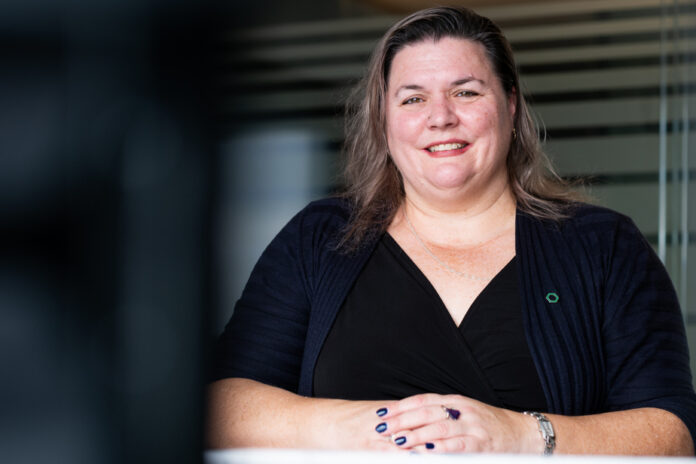The pandemic has changed the lives of many people, and its economic and financial impacts affect everyone. Inflation, in particular, disrupts habits and financial planning without distinction. Two financial advisors, one younger and one more experienced, discuss the issues and challenges facing individuals.
Financial planner, notary and trust manager, Caroline Marion, who works for Desjardins, notes that during the pandemic, many clients turned to the internet for information. “We can only be happy that people have better financial literacy. » The problem is that many of them tend to want to imitate what others do, thinking that the same recipe applies to everyone. “I constantly have to undo preconceived ideas because many people say to themselves ‘my father, my colleague does it this way, so me too’. »
Financial planner attached to Planica Financial Services, William St-Sauveur has a clientele made up of young professionals. The specialist noticed that many try to anticipate the markets, trying to beat the machine instead of following the plan. “It’s a dangerous game because markets are volatile. You must not let yourself be overwhelmed by emotion. »
He also notes among some of them a certain stress in the face of inflation. An insecurity that brings to the forefront the importance of good planning. “This is not the first economic shock in history, but it is their first. We must make them understand that yes, we can also review our priorities and consider different scenarios, but that we must not change everything, hence the importance of rigor and having a plan. »
The pandemic has allowed many people to stockpile and today… the spending floodgates are wide open. “There’s an inordinate enthusiasm for spending. We don’t want to deprive ourselves, and the use of credit cards is not slowed down by interest rates. It’s the present moment that counts. We return to the good story of the cicada and the ant,” notes Caroline Marion.
William St-Sauveur clearly sees that the budget devoted to savings is more limited. The professional realizes the influence of social networks and the pressure to appear which leads to expenses on clothing, restaurants, travel, etc. “There needs to be some soul-searching. Humans have basic needs. It’s not my job to tell my customers not to spend too much at restaurants, but where does the money actually go? The main objective in financial planning is to place your money according to what is important to us, and these choices will affect you in the future. Basically, you need to know yourself even better than before. »
Of all the budget items that have increased, the two experts cannot ignore housing. “It’s obvious that’s not what it was. We compare the interest rates of the 1980s with those of today by minimizing the change, but the comparison does not hold water. This time, inflation and the increase in house prices have been much faster than the increase in wages. First-time buyers do not have the same purchasing power,” says Caroline Marion. William St-Sauveur, for his part, is convinced that the younger generation has every interest in seeking help for advice, but also financially from different sources.
The specialist adds that those who are owners also have to deal with increases in insurance costs, municipal taxes, etc. According to her, many people overestimated their capabilities in relation to rate increases. Result: increasing over-indebtedness. The solutions ? Extend the amortization period, review discretionary spending and perhaps change jobs in order to have a better income.





